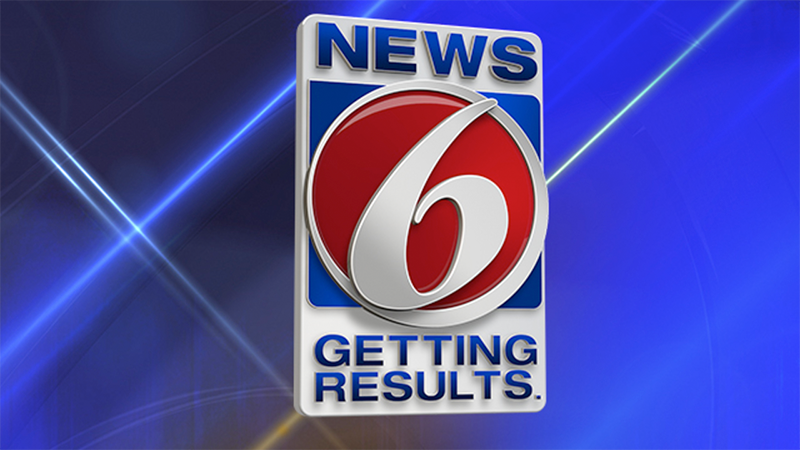FORT LAUDERDALE, Fla. – The mass shooting at a Texas elementary school invaded the penalty trial of Florida’s campus killer Wednesday as lawyers argued over whether potential jurors should be questioned directly about the nation’s latest gun tragedy and a victim’s father was brought nearly to tears.
Attorneys for Parkland, Florida, killer Nikolas Cruz clashed with his prosecutors, saying they should be allowed to ask potential jurors directly about their knowledge and feelings about the Uvalde, Texas, shootings that left 19 students and two teachers dead on Tuesday. The 18-year-old shooter also died.
Recommended Videos
Those shootings were even brought up unprompted by a potential juror — “We all know what happened yesterday” — drawing nods from many of the other 12 prospects in her group.
Cruz, 23, pleaded guilty in October to murdering 17 and wounding 17 others at Marjory Stoneman Douglas High School on Feb. 14, 2018. A jury is being selected to decide whether the former Stoneman Douglas student is sentenced to death or life in prison without parole — a process that has slogged on for almost two months and has at least a month to go before an expected four-month trial. The lawyers have pared 1,900 potential jurors to about 300 as they seek 12 panelists and eight alternates through a three-stage interview process.
Tom Hoyer, whose 15-year-old son Luke died in the Parkland shooting, stood outside the courtroom Wednesday, his voice breaking and knees shaking at he talked about the Texas killings. He said he was in physical pain thinking about what the victims’ parents experienced.
“I know what those families had to endure sitting in a room waiting to hear that their child is laying in a school on a floor. It is heartbreaking, heartbreaking,” said Hoyer, who frequently attends jury selection with his wife and the parents of another victim. “I hope their journey through all of this is a lot faster than ours.”
Before potential jurors were questioned Wednesday, Cruz’s lead attorney, Melisa McNeill, tried to convince Circuit Judge Elizabeth Scherer that potential jurors should be asked directly about the Texas killings.
“There is no way these jurors haven’t been affected,” said McNeill, who stopped several times to keep herself from crying. The lawyers need to find out “if these jurors believe they are in a position to sit in a case like this. We can’t ignore this.”
Cruz, sitting at the defense table, did not look up. He appeared to be scribbling on a notepad.
But prosecutor Carolyn McCann argued that Cruz’s case must be kept separate from other school shootings and that Texas should not be mentioned. She pointed out that 27 other school shootings have happened in the U.S. just this year — more than one per week. Even when McCann originally erred and repeatedly said there had been 127 school shootings, no one questioned it.
“Are we going to have to go back to (the jurors) every time there is an incident?” she said.
Scherer ruled that McNeill and her team could ask potential jurors general questions about their feelings on school shootings and the murder of children and whether they could still be fair, but not specifically about Texas. Still, she understood why McNeill had been so emotional in discussing the Texas killings.
“How can you not be?” she said.
And Cruz’s trial for what is now the fifth-deadliest U.S. school shooting marched slowly forward.

